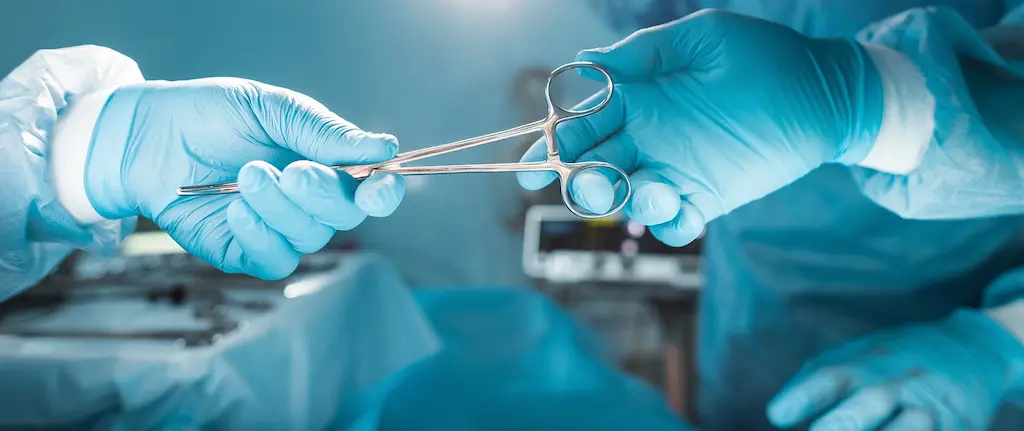Surgical Technologists can pursue many specialized career paths after gaining experience in general surgery. According to the National Board of Surgical Technology and Surgical Assisting, specialized certifications can significantly enhance career opportunities and earning potential. Each specialty requires additional training and often specific certifications beyond the base surgical tech credentials.
Cardiovascular Surgery Specialty
Cardiovascular surgical techs focus on heart and blood vessel procedures. This specialty requires completion of a cardiovascular surgery technology program, typically lasting 12-18 months beyond basic surgical tech training. Certification through the surgical tech specialty boards is mandatory in most facilities.
- Additional training in heart-lung bypass machinery
- Understanding of cardiac monitoring systems
- Specialized instrument knowledge for heart procedures
- Emergency cardiac intervention protocols
- Minimum of 125 documented cardiac cases required
Neurosurgery Specialty
Neurosurgical technologists assist in brain, spine, and nervous system procedures. This highly specialized role requires an additional 12-24 months of training focused on neurological procedures. Work settings include major medical centers and specialized neurological institutes.
The certification process involves completing at least 100 documented neurosurgical cases and passing a specialized exam. Many facilities require neurosurgical techs to maintain additional certifications in neuromonitoring and specialized equipment operation.
Orthopedic Surgery Specialty
Orthopedic surgical technologists specialize in musculoskeletal procedures. This specialty requires completion of an orthopedic surgical technology program lasting 6-12 months. Work environments include orthopedic surgery centers, sports medicine facilities, and general hospitals.
Certification requirements include documented experience with joint replacements, spine procedures, and trauma cases. Techs must demonstrate proficiency with power equipment, implants, and specialized orthopedic instruments. Most employers require a minimum of 75 documented orthopedic cases before considering specialists.
Robotics Surgery Specialty
As of 2024, robotics surgery represents one of the fastest-growing specialties. This field requires additional training in robotic systems, typically 6-8 months of specialized coursework and hands-on training. Certification includes demonstrating proficiency with specific robotic platforms like the da Vinci system.
Robotics surgical techs must complete at least 50 documented robotic procedures and maintain ongoing education as technology evolves. They typically work in advanced surgical centers and teaching hospitals that have invested in robotic surgery programs.
